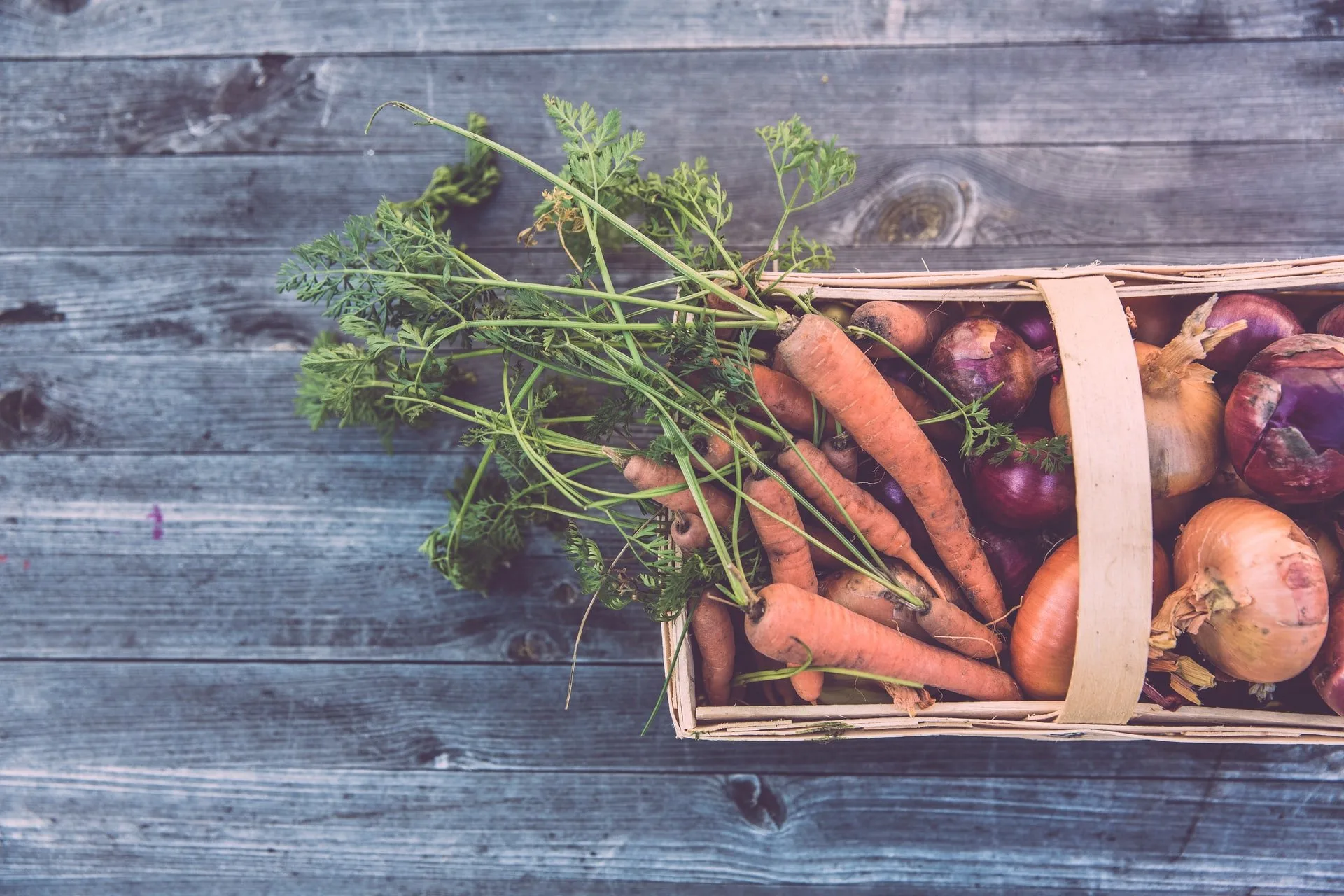24 June 2021, Geneva. The Demand Generation Alliance (DGA) was launched to encourage pressure from consumers and wider society to demand an urgent shift to more sustainable and nutritious foods.
The alliance has been established with a single vision: to make nutritious and sustainable food the preferred consumer choice. This initiative was announced at the SDG Tent.
The DGA was launched by the world’s most influential people in the sustainable food sector:
- Lawrence Haddad, Global Alliance for Improved Nutrition
- Gunhild Stordalen, EAT
- Alison Oman, World Food Programme
- Jag Sheth, Emory University
- Diane Holdorf, World Business Council for Sustainable Development
- Sanjeev Khagram, Thunderbird School of Global Management
- Sharon Bligh, Consumer Good Forum
The quest for sustainable food delivery
Lawrence Haddad, the Executive Director of GAIN and 2018 World Food Prize Laureate, said, “In order to meet 2030 sustainability goals, we need a radical change in how we think and act about food. DGA will work on driving societal preferences towards nutritious and sustainable food by leveraging social and cultural strategies. The vision of making nutritious and sustainable food the preferred choice of consumer can only be achieved by working as a coalition of ‘unusual suspects’”.

Lawrence Haddad, the Executive Director of GAIN and 2018 World Food Prize Laureate
Transforming food systems
The transformation of food systems has traditionally focused on measures that can be applied to supply chains, such as agricultural subsidies and sustainable sourcing. These tactics are vital and necessary in working towards the goal of sustainable access to nutritious foods for all.
It is time now to add a focus on consumer demand, enabling individuals to affect significant change by expressing stronger preferences for more nutritious and sustainable foods. The goal is that this change in demand will further incentivize investment in nutritious and sustainable foods.
The DGA will use two main strategies, targeting both societal and cultural influences on food preference. Societal influence is typically about dining experiences, social norms, social status, and social identities. On the other hand, cultural food influences include morals, values, symbols, narratives, and technologies.
About DGA
In order to meet 2030 sustainability goals, the world needs a radical change in how we think and act about food. Society and culture impact the way we eat, and we seek to shift that for the future.
Historically, food system transformation has concentrated on supply-side measures (such as product reformulation, sustainable sourcing, agricultural subsidies) that can be enacted rather than considering changes on the consumer or demand side.
The DGA recognizes that there is a critical space within enabling environments for collaborative engagement alongside consumer and citizen action. Demand cannot be created by one factor or one actor alone.
“We see a need for multi-stakeholder, cross-sector collaborations to shape and respond to consumer demand for nutritious and sustainable foods and enable better choices for the future. ”
Working together to enable more sustainable food choices
The DGA’s mission is to drive societal preferences towards nutritious and sustainable food by leveraging social and cultural strategies. They aspire to enact significant change, which cannot be achieved by one sector alone. Leaders must work collaboratively with partners who complement their goals and aims. We see three main avenues for discourse and action going forward.
The first is around changing society, and how, at a societal level, preferences can be shifted and changed. Next is the collaboration that is required to enable success for the future. Without collaboration, change at this level is not possible. Changing society and collaboration will enable better choices for the future.
About the Global Alliance for Improved Nutrition
The Global Alliance for Improved Nutrition (GAIN) is a Swiss-based foundation launched at the UN in 2002 to tackle the human suffering caused by malnutrition. Working with both governments and businesses, we aim to transform food systems so that they deliver more nutritious food for all people, especially the most vulnerable. www.gainhealth.org @GAINalliance





![women [longevity live]](https://longevitylive.com/wp-content/uploads/2020/01/photo-of-women-walking-down-the-street-1116984-100x100.jpg)









